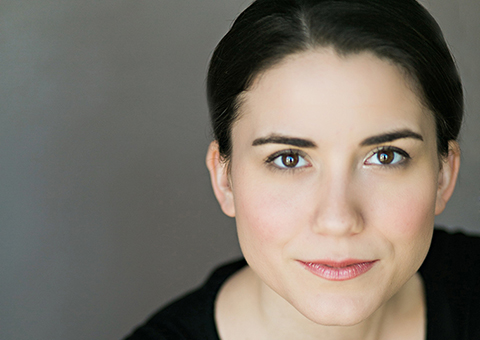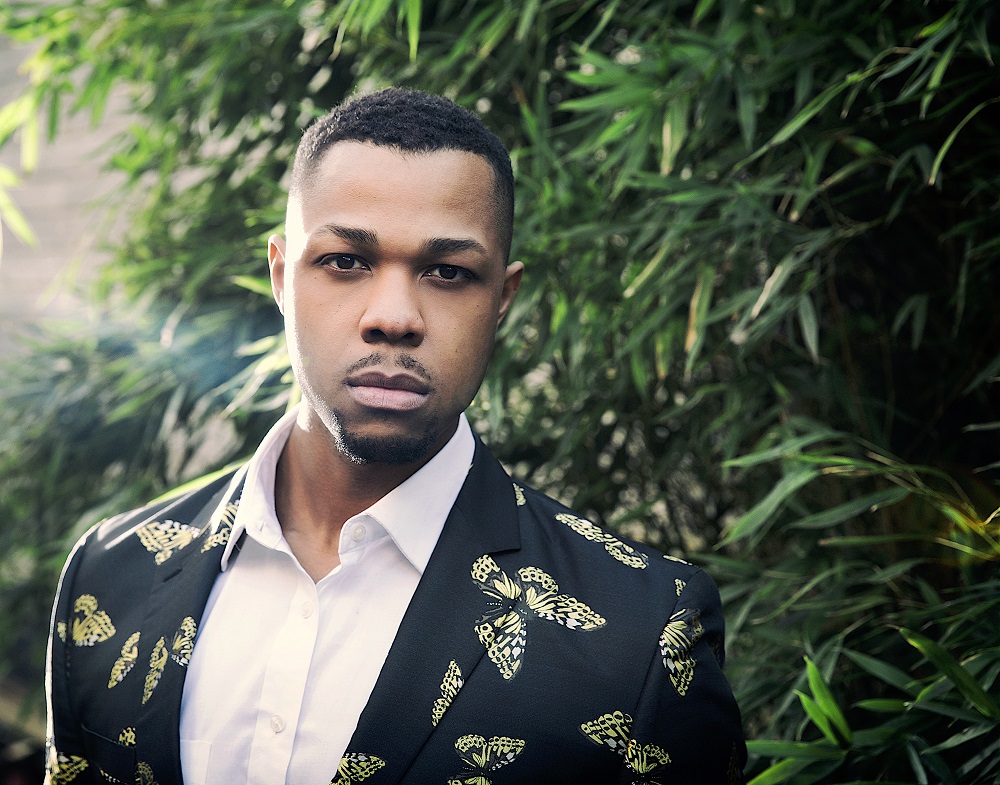Second and third times lucky: after the migraine-inducing multimedia overload of Peter Sellars's premiere production of El Niño, first seen in London in 2003 and subsequently excoriated in eloquent prose by the composer himself, John Adams's layered masterpiece has had two further performances here proving that the drama is all in the music. Vladimir Jurowski's 2013 Festival Hall interpretation literally had the edge, in its razor-sharp focus, on last night. But it's always good to see the composer as conductor make light of his rhythmic complexity as he nears his 70th birthday, and we also got to hear three stunning soloists fresh to the work.
As the title implies, there is the natural violence embodied in the storms of an unpredictable phenomenon as well as the ambiguous birth, to pain and to glory, of a special child ("niño" in Spanish). In one of the carefully selected Gospel texts, Joseph asks Mary why she weeps one moment and laughs the next. She tells him: "it is because I see two peoples with my eyes, the one weeping and mourning, the other rejoicing and glad". That duality makes this an apt nativity story to embrace at the end of 2016 (in one of the little spoken prefaces at which he's become so good, Adams imagined Herod today tweeting at 3am his loaded wish to be led to the infant Jesus).
 The most vivid bearer of the two sides, apart from the orchestra, is the soprano soloist. The music was written to showcase Dawn Upshaw's girl-next-door radiance as Mary up to the birth and her new-found (in 2000) ability to twist the expressive knife in the most shattering and musically complex number of Part Two, the climactic setting of poet Rosario Castellanos's bitterly ironic "Memorial de Tlatelolco", Adams's "slaughter of the innocents" enshrined in the hushed-up 1968 massacre of Mexican students. If Joélle Harvey (pictured above by Arielle Doneson) couldn't quite emulate Upshaw's cutting edge here, her devotion and emotion were total, and her youthful luminescence always shone (though I'm not quite sure why the three soloists needed the same amplification as the countertenor trio; except in big ensembles, Adams always keeps the orchestra down for them).
The most vivid bearer of the two sides, apart from the orchestra, is the soprano soloist. The music was written to showcase Dawn Upshaw's girl-next-door radiance as Mary up to the birth and her new-found (in 2000) ability to twist the expressive knife in the most shattering and musically complex number of Part Two, the climactic setting of poet Rosario Castellanos's bitterly ironic "Memorial de Tlatelolco", Adams's "slaughter of the innocents" enshrined in the hushed-up 1968 massacre of Mexican students. If Joélle Harvey (pictured above by Arielle Doneson) couldn't quite emulate Upshaw's cutting edge here, her devotion and emotion were total, and her youthful luminescence always shone (though I'm not quite sure why the three soloists needed the same amplification as the countertenor trio; except in big ensembles, Adams always keeps the orchestra down for them).
Castellanos is to El Niño what Wilfred Owen is to Britten's War Requiem, giving, along with fellow Mexican Sor Juana Inés de la Cruz, the Chilean Gabriela Mistral and Hildegard of Bingen, a much-needed feminine perspective to the wonder and terror of childbirth. She's a poet I'm immensely grateful to Adams and Sellars, his anthologist, for letting me discover. Mezzo Jennifer Johnson Cano couldn't quite banish memories of the late Lorraine Hunt Lieberson's superior sinuousness in the wonderful setting of "La Anunciación", Castellanos's vital female take on the mystery of conception and pregnancy, but later brought tears to the eyes with her part in the duet "Se habla de Gabriel" ("Speaking of Gabriel"). Hers is a magnificent instrument, as is the revelatory bass-baritone of Davóne Tines (pictured below): memorable in Joseph's anguished reproach "Mary, why did you do this?", shatteringly good in the high-lying ululations of "Shake the heavens", and deeply moving as Joseph sees everything in mankind and nature still at the moment of birth.
 Adams has a dependable group in countertenors Daniel Bubeck, Brian Cummings and Nathan Medley – memorable contributors to El Niño's even more complex if not quite as symmetrically perfect sequel The Gospel According to the Other Mary. At the one point where they step out as soloist Kings, Medley was quietly remarkable in the easeful switch between natural and falsetto registers. Adams's careful selection of instrumental colours to match brought forward amazingly expressive work from the LSO wind, while the brass helped to underline the mounting tension of Part Two and the violent snaps when the storm breaks. A professional choir might have given us more focus in quieter passages, but the London Symphony Chorus offered block shock in the apocalyptic moments. Who can ever forget, once heard, massed voices and snapping orchestra in the downward bending of "For with God no thing shall be impossible" from its D major brilliance?
Adams has a dependable group in countertenors Daniel Bubeck, Brian Cummings and Nathan Medley – memorable contributors to El Niño's even more complex if not quite as symmetrically perfect sequel The Gospel According to the Other Mary. At the one point where they step out as soloist Kings, Medley was quietly remarkable in the easeful switch between natural and falsetto registers. Adams's careful selection of instrumental colours to match brought forward amazingly expressive work from the LSO wind, while the brass helped to underline the mounting tension of Part Two and the violent snaps when the storm breaks. A professional choir might have given us more focus in quieter passages, but the London Symphony Chorus offered block shock in the apocalyptic moments. Who can ever forget, once heard, massed voices and snapping orchestra in the downward bending of "For with God no thing shall be impossible" from its D major brilliance?
And the London Youth Choir (all girls, from what I could see) played its part in the final miracle with real finesse. All that's been lacking from the richly shifting canvas have been the multiple voices of children. At the point in the numinous setting of the Gospel of Pseudo-Matthew, where the infant Jesus commands a palm tree to bend down its fruit for the refreshment of the refugee family and fountains pour out from the roots – eerie ascents to match the downward cascades from heaven of Part One – the young intone Castellanos's most simple and beautiful poem, "Una Palmera", ending with the simple word – voices in thirds, finally accompanied by one guitar only – "poesía" ("poetry"). It's the benediction we all need towards the end of a terrible year.
Next page: watch Davóne Tines sing 'Ol' Man River'

 The most vivid bearer of the two sides, apart from the orchestra, is the soprano soloist. The music was written to showcase
The most vivid bearer of the two sides, apart from the orchestra, is the soprano soloist. The music was written to showcase  Adams has a dependable group in countertenors Daniel Bubeck, Brian Cummings and Nathan Medley – memorable contributors to
Adams has a dependable group in countertenors Daniel Bubeck, Brian Cummings and Nathan Medley – memorable contributors to